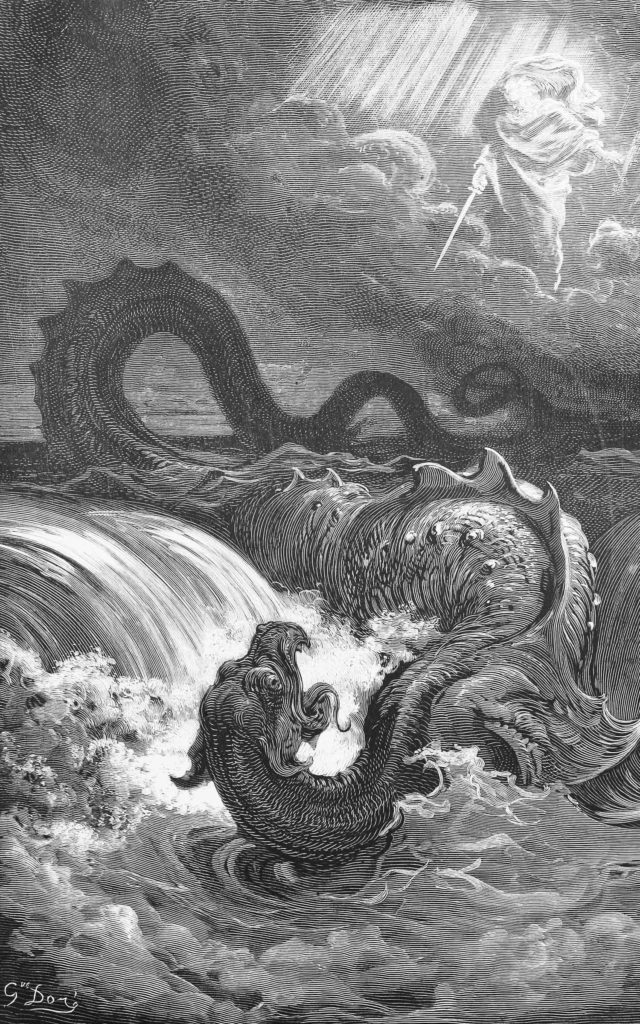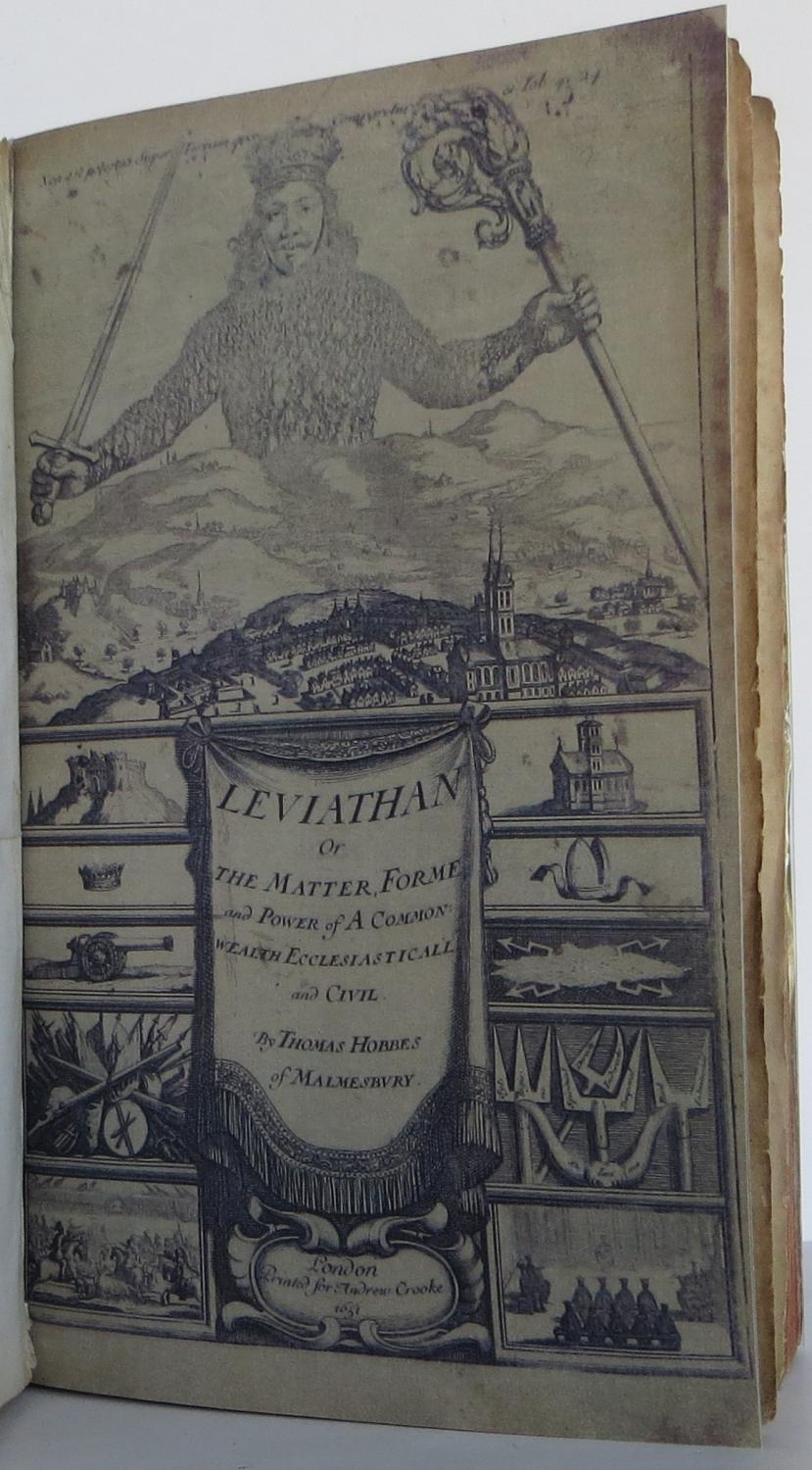
For war consisteth not in battle only, or the act of fighting, but in a tract of time, wherein the will to contend by battle is sufficiently known: and therefore the notion of time is to be considered in the nature of war, as it is in the nature of weather. Hereby it is manifest that during the time men live without a common power to keep them all in awe, they are in that condition which is called war and such a war as is of every man against every man.

For every man looketh that his companion should value him at the same rate he sets upon himself, and upon all signs of contempt or undervaluing naturally endeavours, as far as he dares (which amongst them that have no common power to keep them in quiet is far enough to make them destroy each other), to extort a greater value from his contemners, by damage and from others, by the example.

And therefore if any two men desire the same thing, which nevertheless they cannot both enjoy, they become enemies.Įn have no pleasure (but on the contrary a great deal of grief) in keeping company where there is no power able to overawe them all. For as to the strength of body, the weakest has strength enough to kill the strongest, either by secret machination or by confederacy with others that are in the same danger with himself.įrom this equality of ability ariseth equality of hope in the attaining of our ends. NATURE hath made men so equal in the faculties of body and mind as that, though there be found one man sometimes manifestly stronger in body or of quicker mind than another, yet when all is reckoned together the difference between man and man is not so considerable as that one man can thereupon claim to himself any benefit to which another may not pretend as well as he. And from hence it is that kings, whose power is greatest, turn their endeavours to the assuring it at home by laws, or abroad by wars: and when that is done, there succeedeth a new desire in some, of fame from new conquest in others, of ease and sensual pleasure in others, of admiration, or being flattered for excellence in some art or other ability of the mind. And the cause of this is not always that a man hopes for a more intensive delight than he has already attained to, or that he cannot be content with a moderate power, but because he cannot assure the power and means to live well, which he hath present, without the acquisition of more.


So that in the first place, I put for a general inclination of all mankind a perpetual and restless desire of power after power, that ceaseth only in death. Selections from Thomas Hobbes's The Leviathan (1651):


 0 kommentar(er)
0 kommentar(er)
